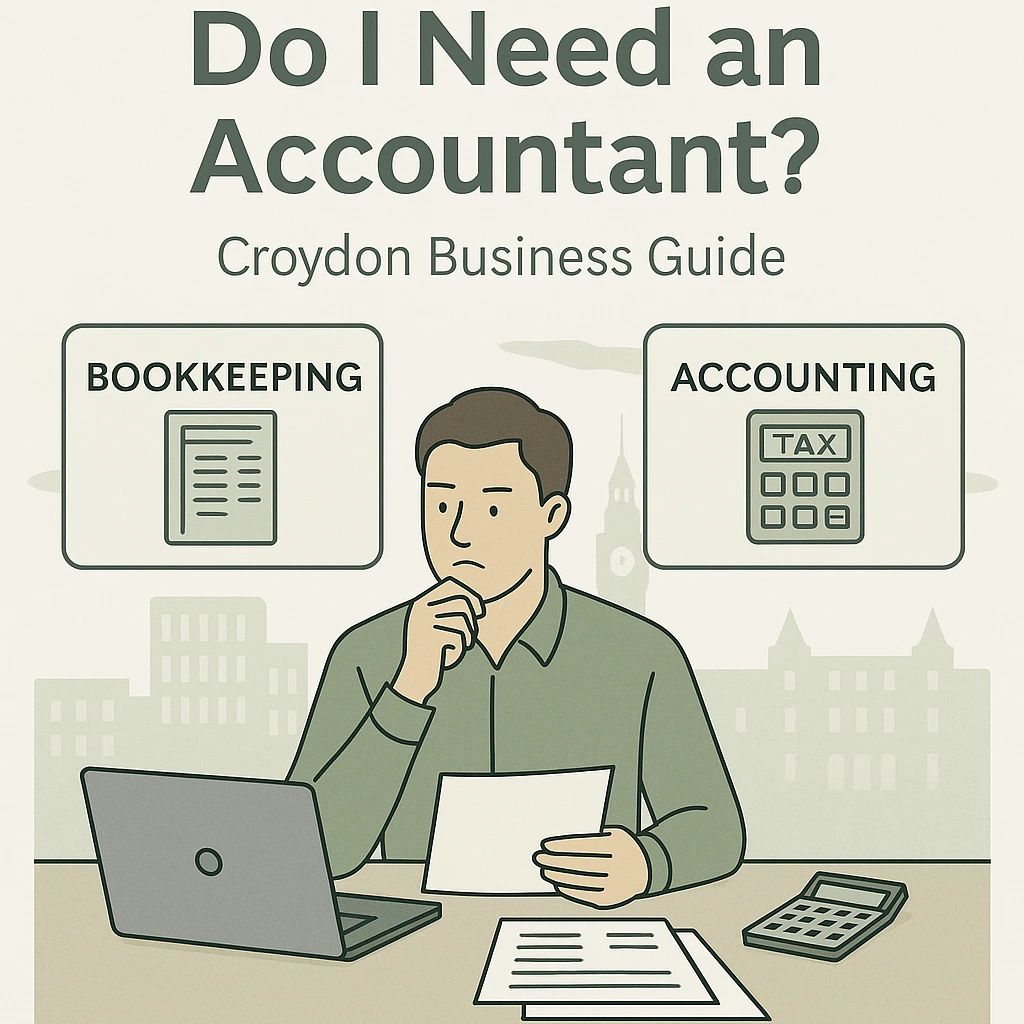
How Tips Are Taxed in the UK: Income Tax & NI Explained
Learn how tipping is taxed in the UK, who pays the tax, and how it affects your income tax and National Insurance. A must-read for hospitality and service staff.
How To Tax Tipping: Effects on Income Tax & National Insurance
How Tips are Paid
Tips can be paid directly in cash at the end of a shift or accumulated and distributed among all employees. Regardless of the method, tips do not count towards the national minimum wage. However, they are subject to income tax. If tips are paid directly by customers, only income tax is applicable, not National Insurance. Conversely, if tips are distributed by the employer, both income tax and National Insurance must be paid.
Tax Obligations
Income tax must be paid on any tips received, and sometimes National Insurance deductions are also applicable. If you are filing an income tax return, you must include your tips. If not, HMRC will assess your tips based on the information provided by you or your employer. Additionally, responsibility for paying income tax depends on how the tips are distributed. If the employer pays directly, they handle the tax through the PAYE system. If tips are pooled and distributed by a “troncmaster,” the troncmaster is responsible for the tax.
Service Charges and Bonuses
Service charges, if mandatory, are not considered tips and are processed as regular pay. Voluntary service charges are treated like tips for tax purposes. Bonuses, on the other hand, are part of your salary and are subject to both income tax and National Insurance through PAYE.
Impact on Income Tax
The impact of tips on income tax depends largely on how they are managed and reported. Employees receiving direct tips must report these amounts accurately to ensure correct tax calculations. Misreporting can lead to underpayment or overpayment of taxes, resulting in potential penalties or refunds. Proper documentation and transparency with HMRC are essential for compliance.
National Insurance Contributions
National Insurance contributions for tips are only applicable under certain conditions. When an employer is involved in distributing tips, these payments are treated as additional earnings, attracting National Insurance. Direct tips from customers bypass this, focusing solely on income tax. Employees must understand these nuances to avoid unexpected deductions and ensure accurate contributions.
Bonuses and Taxation
Bonuses are an integral part of an employee’s remuneration and are subject to both income tax and National Insurance through the PAYE system. Unlike tips, which may vary in how they are taxed based on how they are distributed, bonuses are always treated as standard earnings. This means they are added to the employee’s gross income and taxed at the appropriate rate, ensuring that both income tax and National Insurance contributions are accurately calculated and deducted by the employer. This consistent treatment simplifies compliance for both employees and employers.
Understanding the tax implications of tips is essential for ensuring compliance and avoiding unexpected tax liabilities. Both employees and employers must be aware of their responsibilities to handle tips correctly within the legal framework.
About Golden Tree Consulting
Financial expert at Golden Tree Consulting
Helping businesses in Croydon navigate financial complexities with tailored solutions
More Articles You Might Like
Continue exploring our financial insights

Do I Need an Accountant for My Croydon Business?
Not sure if your Croydon business needs an accountant? Learn the difference between bookkeeping and accounting, and when it’s time to get professional help.

Why UK Startups Are Choosing Estonia for Company Formation
Explore why Estonia is ideal for UK startups. Learn how digital-first systems, zero corporate tax on retained profits, and fast company formation make Estonia a smart move for growth.

How to Choose the Right Local Accountant in Surrey, Kent & London
Looking for an accountant in Croydon, Reigate, or Surrey? Learn how to choose a local accountant who understands small business finances and helps you save time and money.
